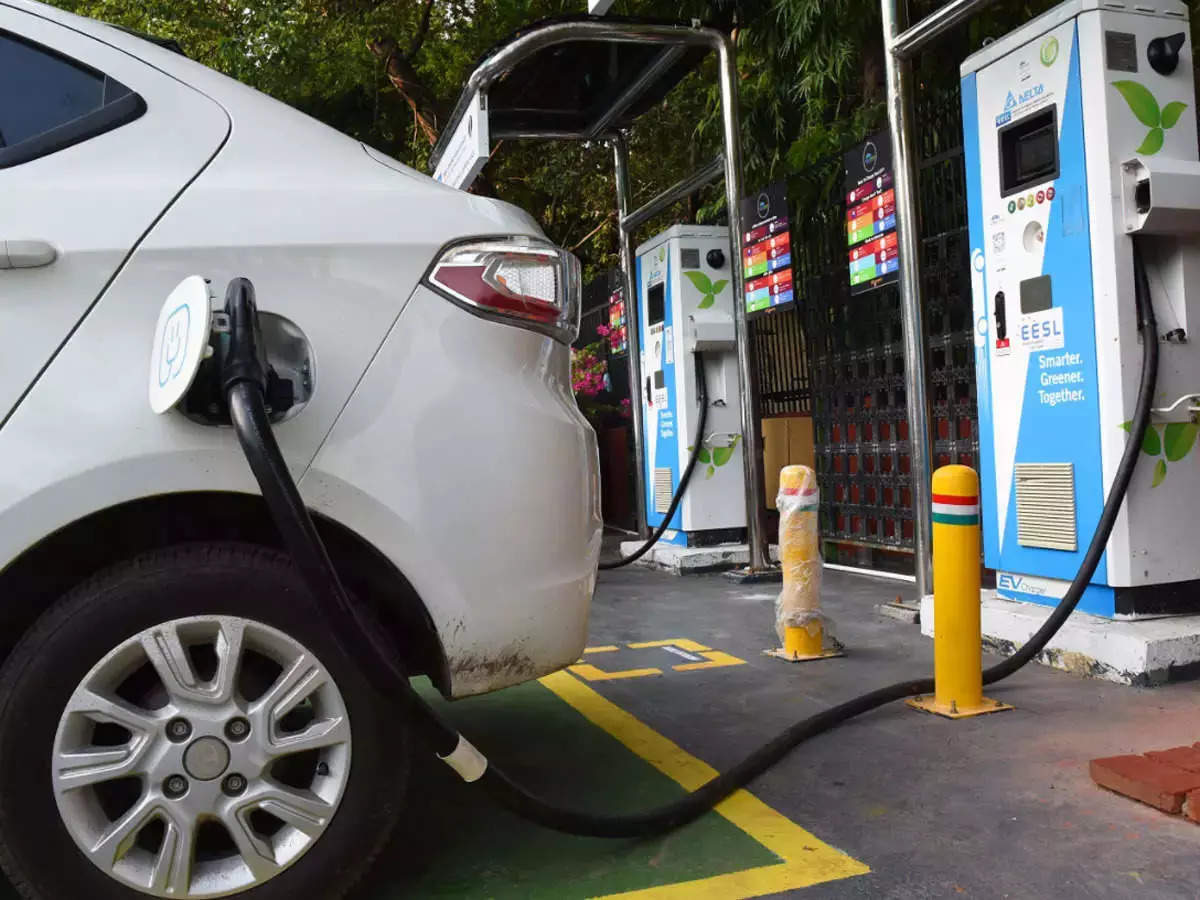
Depending on the monthly sales performance, up to 5% of the luxury carmaker Audi India’s customers buy a model from its e-tron range of 5 models of electric vehicles (EVs) every month. The entry-level price tag of the range is INR 1.03 crore, with the top most model priced at INR 1.89 crore. Even with such a premium pricing, Audi India’s Head Balbir Singh Dhillon says the company could have sold more EVs if it had enough inventory.
With the supply chain challenge, mainly due to the semiconductor crisis, it’s not easy to ramp up stock of the fully imported e-trons. Luxury carmakers seem to have miscalculated the potential demand for electrics in India. Segment leader Mercedes Benz, which launched its first model, the EQC, in January 2020, says it “underestimated the demand for electric cars in India at the time of EQC launch”.
But now with its first locally assembled EV, EQS, which also is Mercedes Benz’s most premium EV, the OEM expects the month-old model to “easily” outsell EQC. “EQC did the job for us to test the market and to know the customers,” Santosh Iyer, VP – marketing & sales, and MD designate, Mercedes Benz India, told ETAuto. EQS comes in two variants, with the more affordable one priced at INR 1.55 crore, around INR 55 lakh more than EQC.
Iyer is betting on the EQS to not only help grow the electric luxury vehicle market, but also give a push to the electrification trend in the overall passenger vehicle market. “That will have a trickle-down effect on others because the individuals who will drive EQS will be opinion leaders,” says Iyer. If all bookings for the EQS received till the end of last month translates into sales, there would be 300 EQS users, many if not most of whom could positively influence EV adoption.
Though the overall segment is still small at less than 30,000 units a year, the share of electrics in the segment is set to grow at a faster pace than the volume passenger vehicle market. “The market is changing fast, the acceptability is good, and we have many more models to launch”, says Dhillon. The big three, Mercedes Benz, BMW, and Audi, have among them 10 offerings in the EV space.
BMW Group, which includes the Mini brand, claims all its electric models (BMW iX, i4, and Mini SE) are sold out in India. “We expect demand to grow further and EV contribution to increase to 10% of overall sales,” says Vikram Pawah, President, BMW Group India. The company offers its fast chargers in its dealership network across 34 cities for use by EVs of other brands too. Pawah says, “We want to facilitate a scenario where range anxiety is a thing of the past.”
As the EV adoption in the luxury segment grows, the volume EV market may also benefit. Dhillon believes that the “top down strategy always helps” and says “probably you can see that effect” in the overall passenger vehicle industry. As for Audi, the EV volume would get higher as it moves to the next stage of assembling them in India. Discussions with the Audi headquarters for the same are on. “It’s not a question of ‘if’, but of ‘when’”, says Dhillion about the plan for assembling e-trons in India.
Both Audi and Mercedes Benz plan to go fully electric, barring a few markets, by 2033 for the former and 2030 for the latter. “The technology that comes in EQS, the range and the experience it offers, we are very sure that our transformation to a fully electric car brand will happen with EQS in India as well,” says Iyer.
While it may not be the same story for the transition to electric in the volume passenger vehicle segment in India, electrics are expected to contribute around 30 % of the PV industry’s sales by 2030. And at least some of that transition could be a ripple effect of the EV adoption at the top of the market pyramid.
It is learnt that some companies have already adopted a policy of choosing EVs for employees who are eligible for a company car. It won’t be surprising if the promoters/directors of these companies are electric luxury car owners too.
Read More:
















